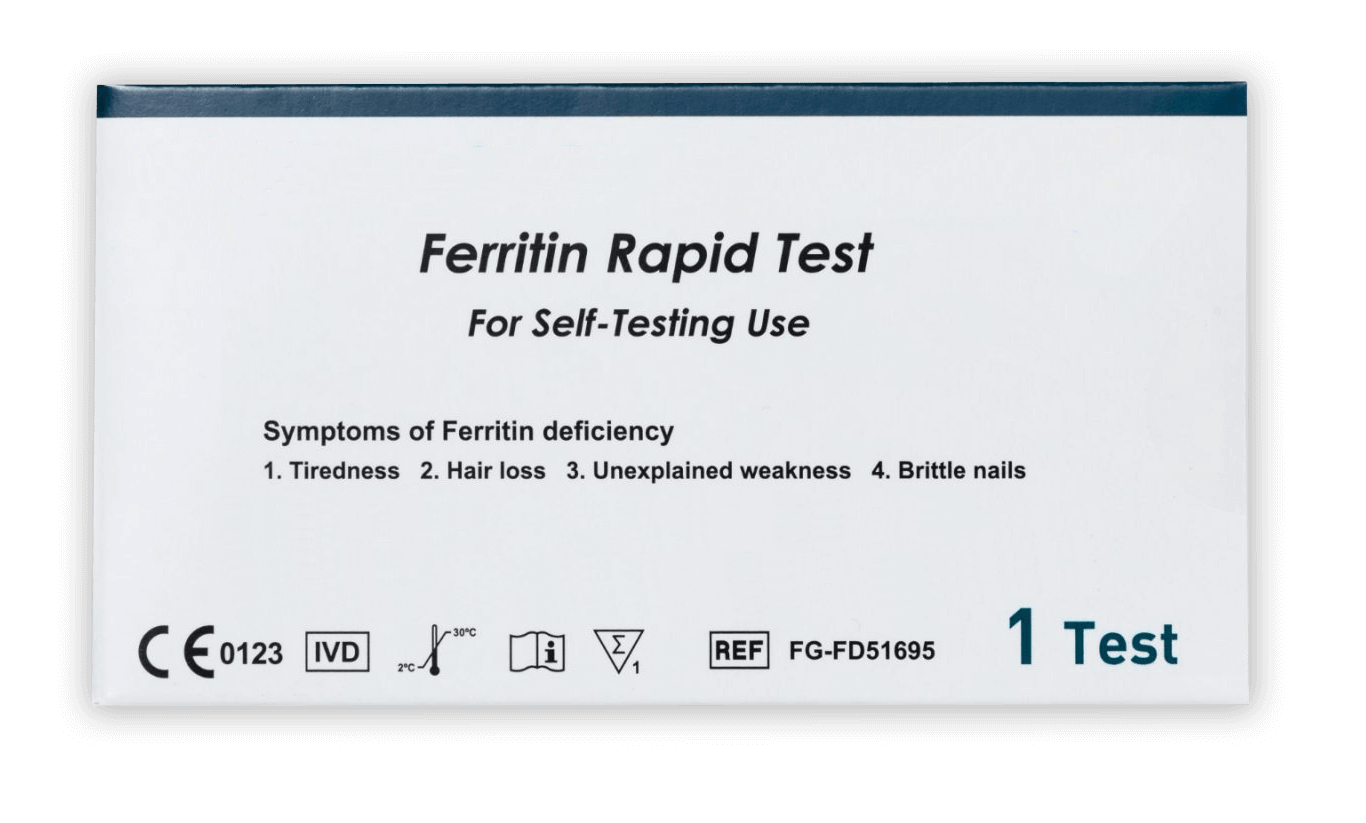Common Foods
We test everyday foods like dairy, nuts, eggs, grains, and fruits for potential sensitivities.

Personalized results based on up to 1350+ items commonly linked to food and environmental sensitivities.
We test everyday foods like dairy, nuts, eggs, grains, and fruits for potential sensitivities.
Identify if your body reacts poorly to lactose or gluten — two major dietary troublemakers.
Detect imbalances or irritants that may be affecting your digestion, bloating, or overall gut health.
Understand how your body responds to essential vitamins and minerals linked to mood, energy, and wellness.
Very quick and easy, some accuracies that I already knew but didnt mention so this showed up as sensitivites. Covers a wide range of allergens.
I love how simple the entire process of getting a sensitivity test was. Once I got my results back I started the elimination diet they recommended to do. The process has been quite hard for me because of the extensive list of sensitivities I have but I can tell that it has helped me.
Your summary is well written and easy to follow. I know exactly what my problem foods are and how I can adjust my diet accordingly